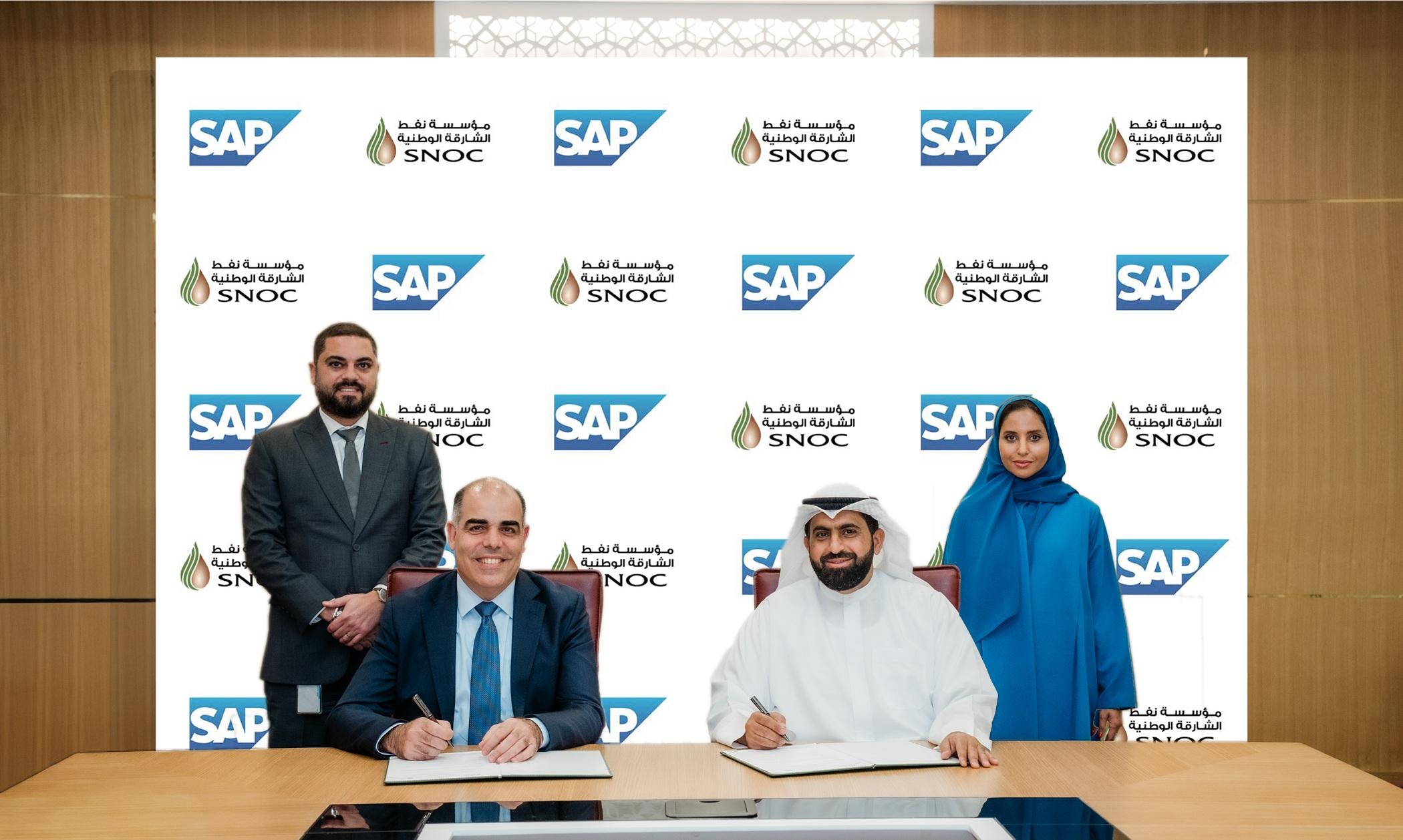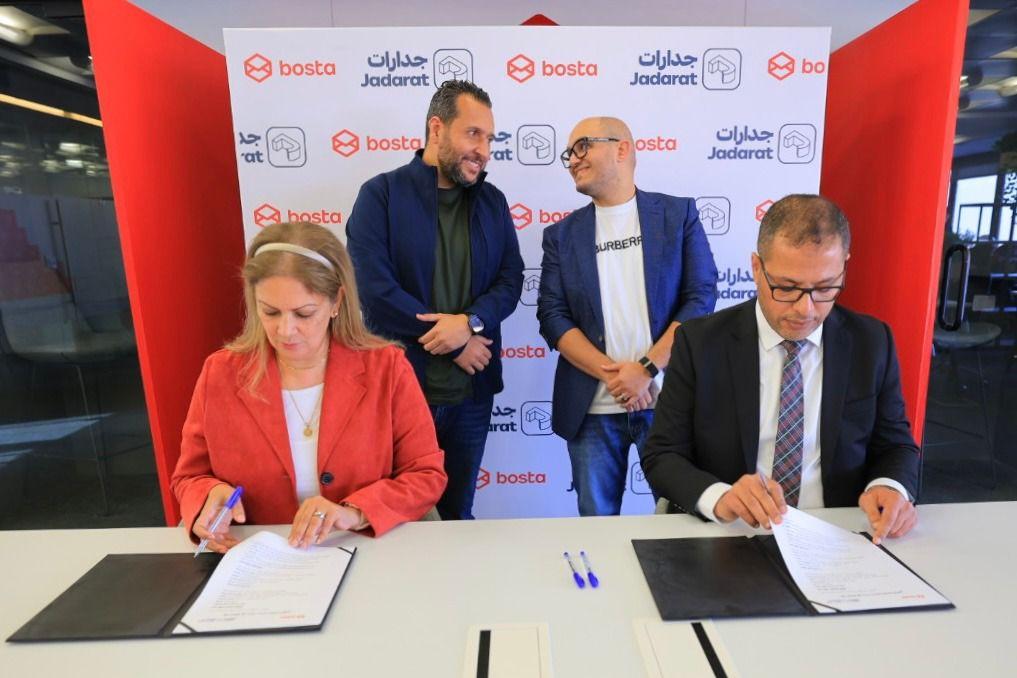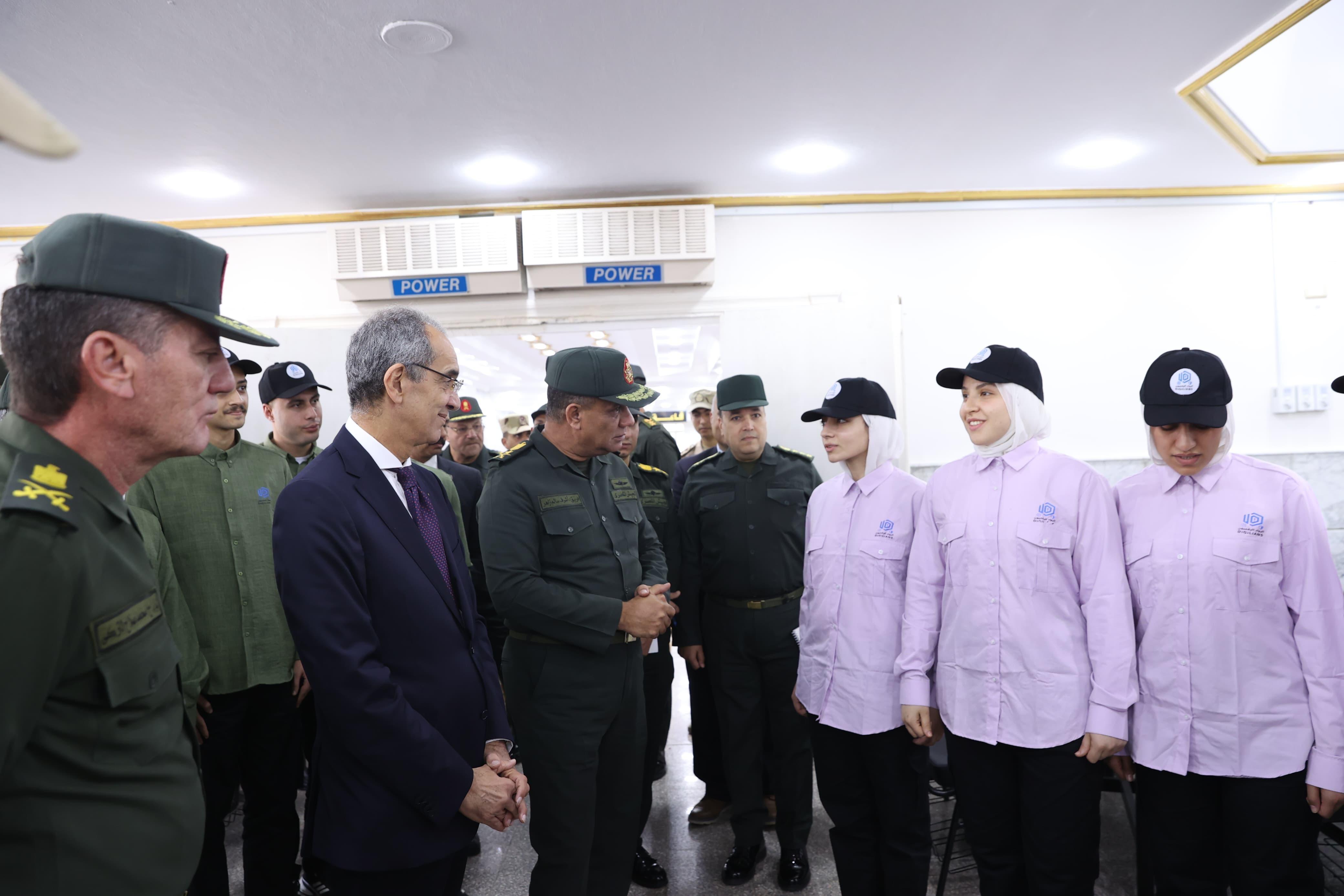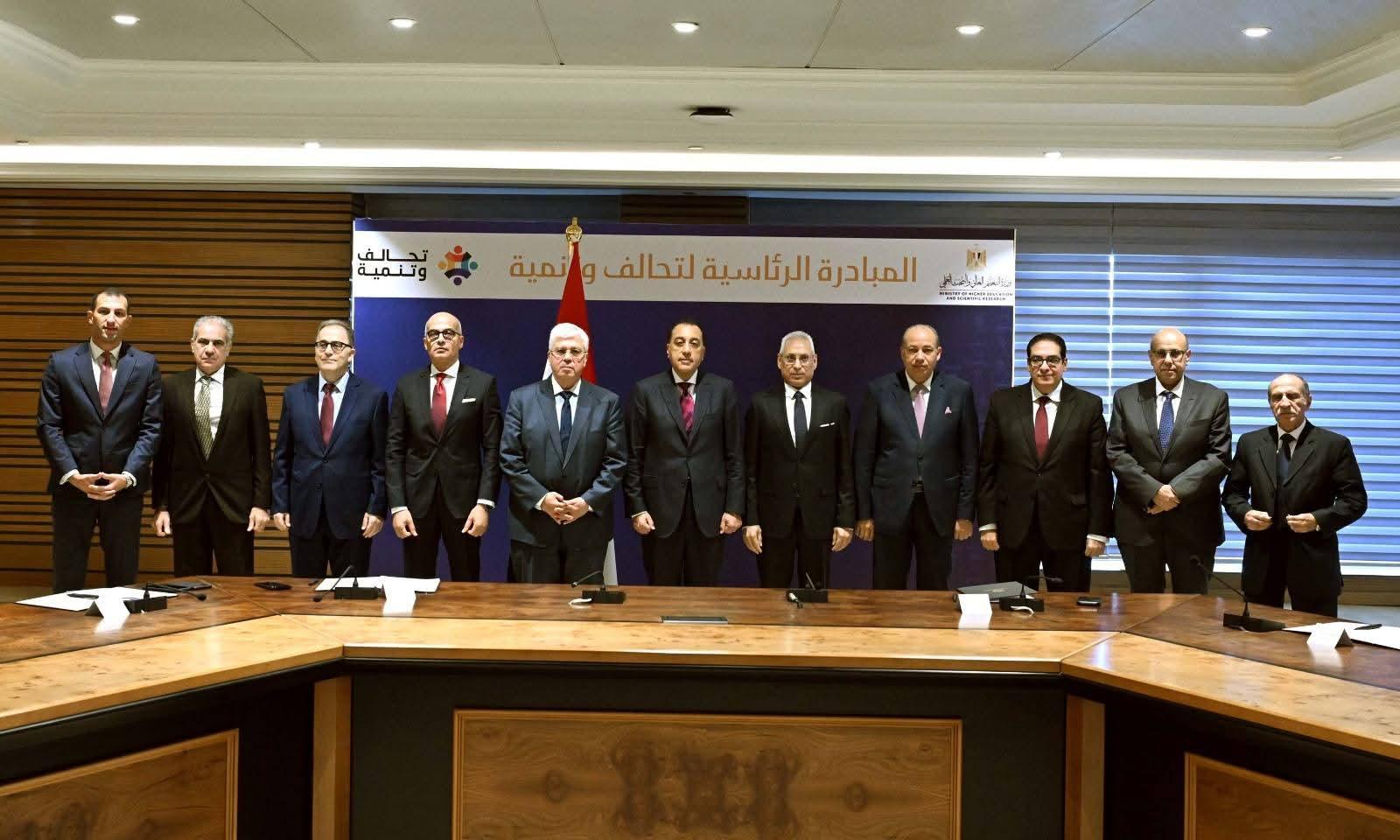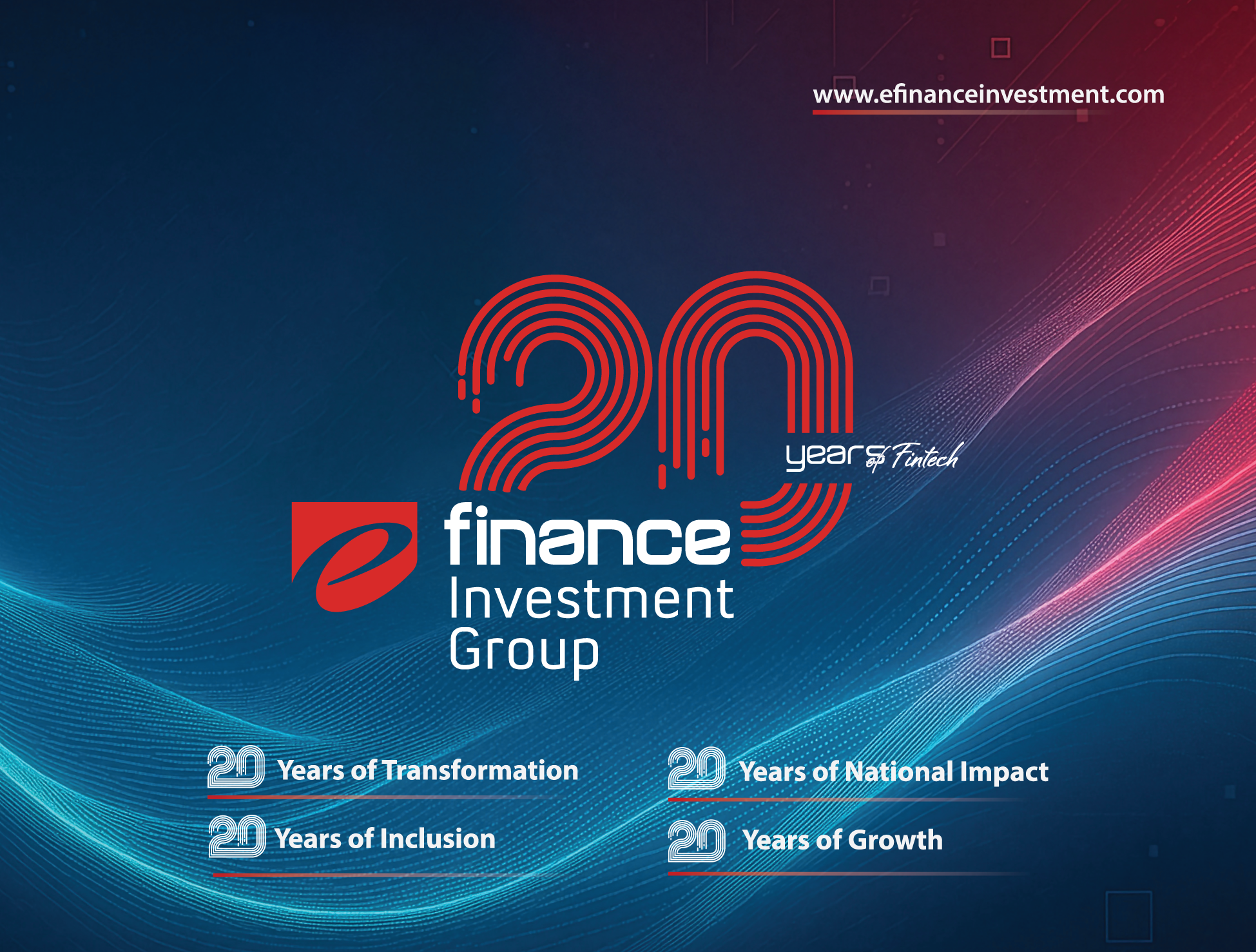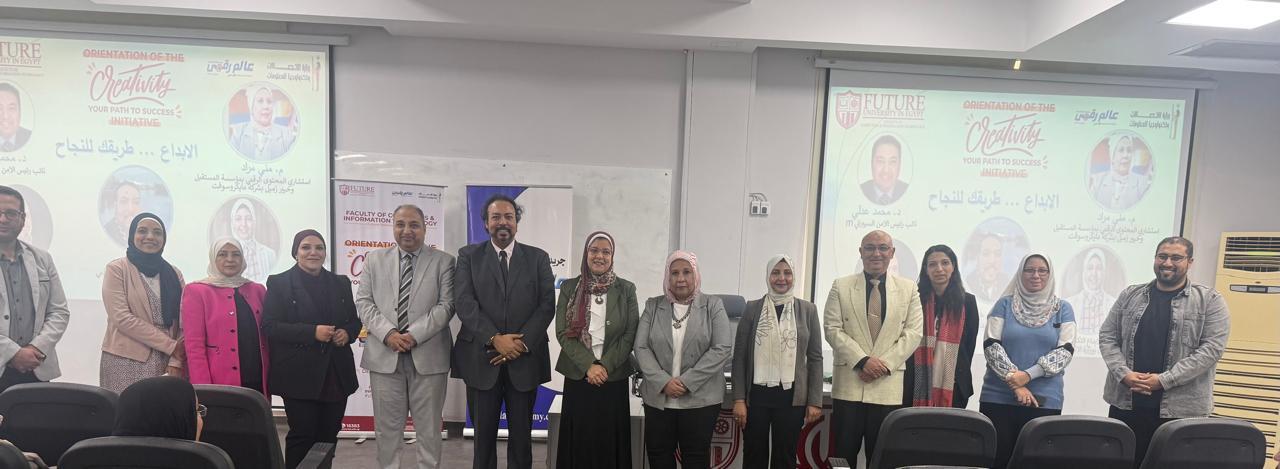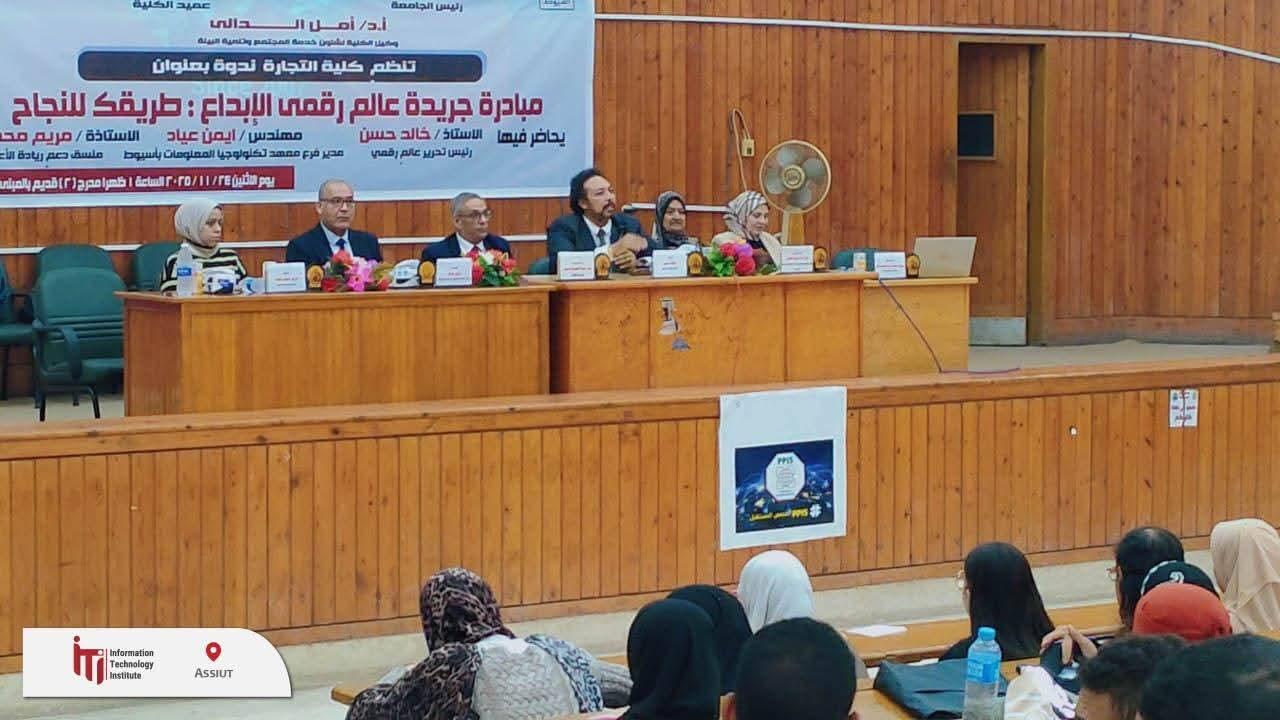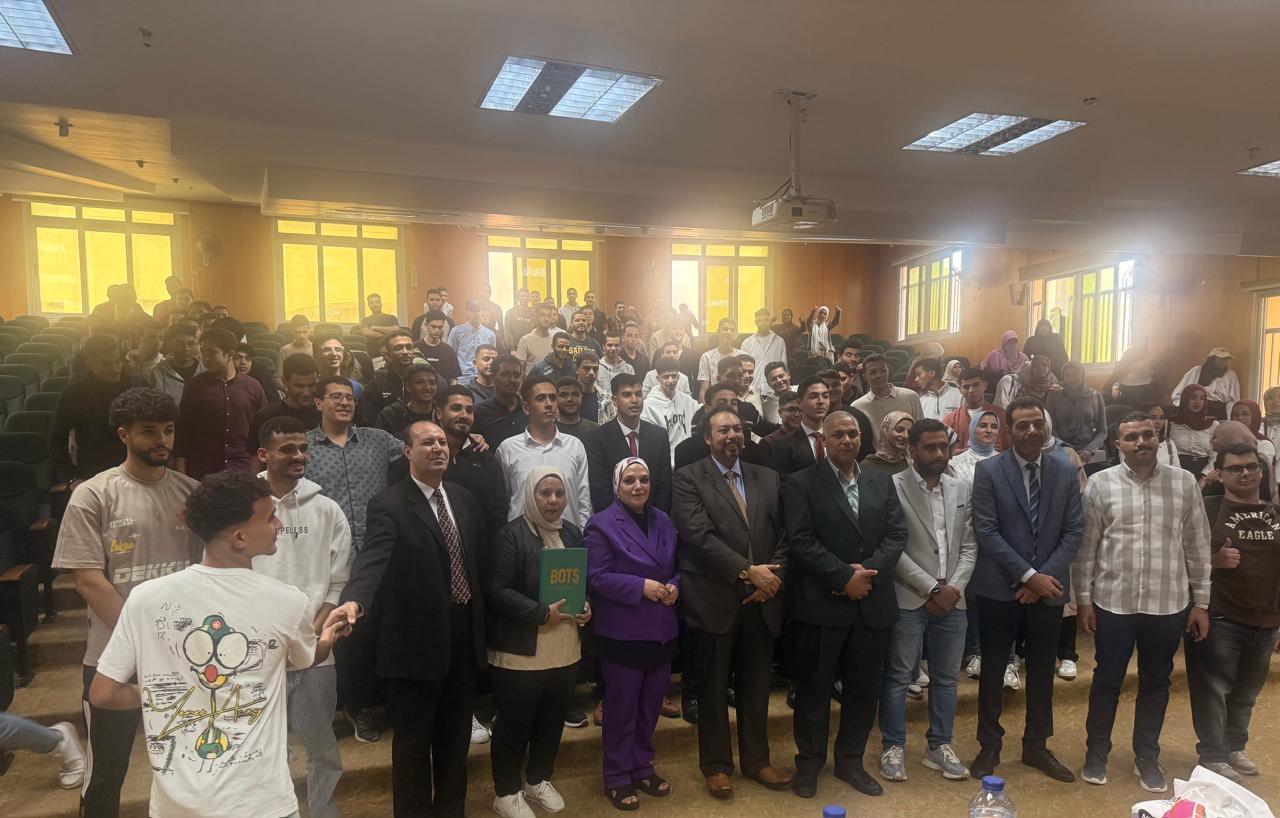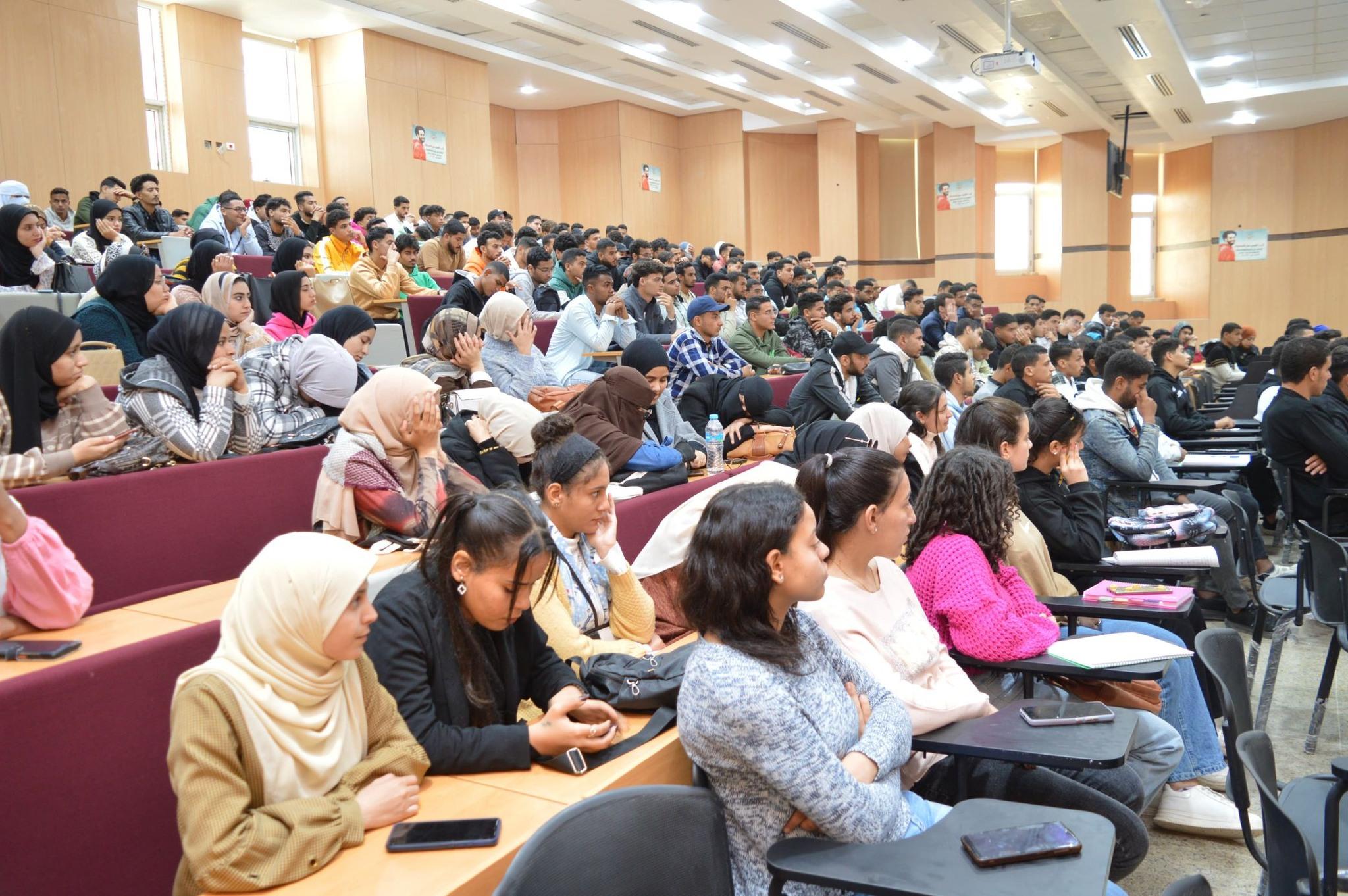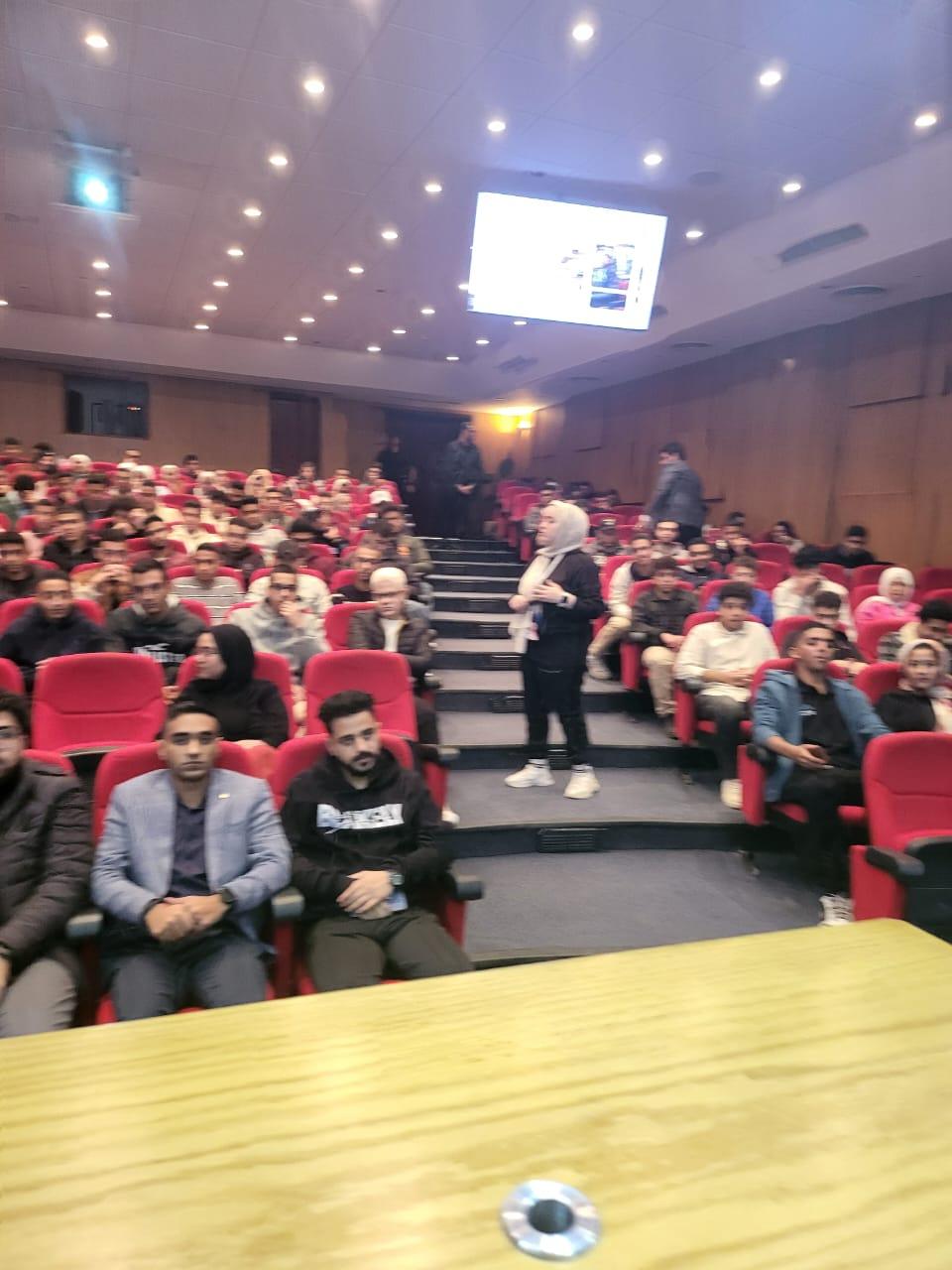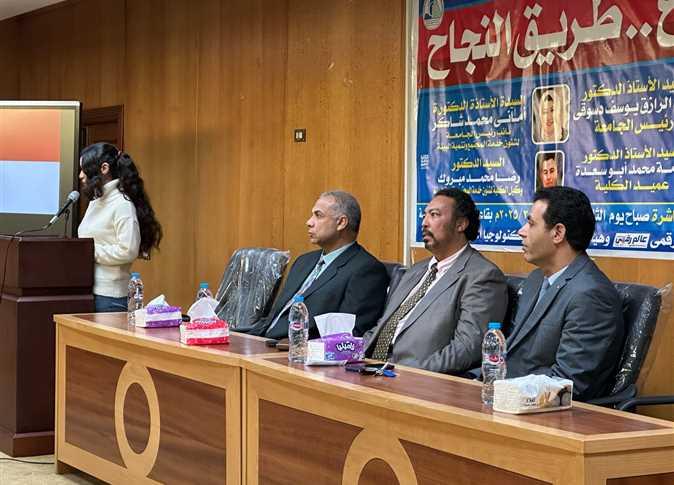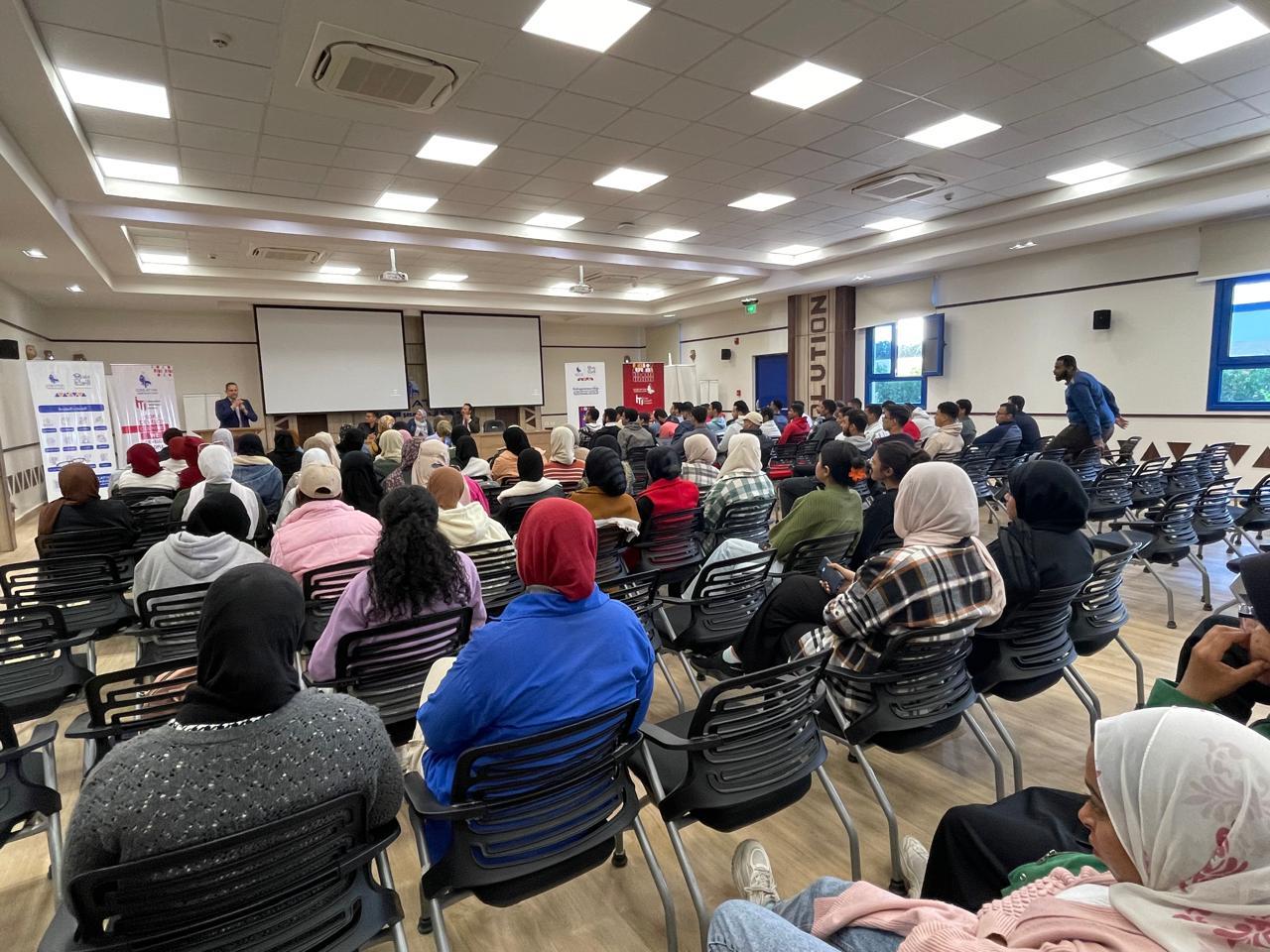By: Mohammed Amin,
Sr. Vice President – META, Dell Technologies
As recovery ambitions and investments filter through to vital digital transformations, collaboration and collective innovation between public and private sectors has become a priority. The consequences of today’s decisions will impact generations to come, and we owe it to them to build societies and economies fit for digital native generations.
Harsh realities require strong collaboration
There are plenty of challenges along this path of recovery. The WEF Global Risks 2022 report forecast that by 2024 the global economy will be 2.3% smaller than it would have been without the pandemic. That’s without considering the impact of current global, geopolitical uncertainties, conflict, and unrest. But implemented well, technology and digital-led businesses can help reduce this impact, creating jobs and economic opportunity across the world.
As we seek to build back flourishing global economies, and address some of the most pressing challenges facing society, technology has a leading role to play as an inclusive and unifying bridge to our digital futures.
The continued digitalisation of governments will be a crucial stepping-stone when it comes to driving change in the medium and long-term – and if we can take anything from the last two years, it should be pace of innovation and hunger for change.
In countries across META, national governments are focused on designing and implementing recovery strategies to reinforce resilience, so it’s not surprising that across the board we’re seeing a real emphasis on technology, connectivity and bridging digital divides.
We are living in a world where we can see the fruits of digital transformation – with doctors’ appointments going online, the world embracing video calls for work (and to share time and celebrations with family), and many essential services and supply chains going digital – now we can dare to dream even bigger.
Tech-enabled solutions to global challenges
The technology industry has the capability to take on these challenges and start making a genuine impact. With emerging technologies maturing and powering critical innovations, they can help to bring hope right when we need it most. AI can help transform healthcare, and edge computing can unleash the full power of IoT for environmental monitoring and climate modelling, transport, and sustainable resource management.
And with 5G connectivity rolling out in many countries, the possibilities really are endless – particularly when built on a solid foundation of cyber resiliency and data storage through multi cloud infrastructure.
Beyond solutions, a survey by consulting firm PwC states that 71% of CEOs globally, anticipate that skills shortage will be 2022’s biggest business disrupter so building a skilled, and adaptable workforce is key.
The 2025 edition of the PwC survey for the Middle East indicates that 46% of business leaders plan double-digit investments in leadership and talent development over the next three years, compared with 30% last year.
To increase employment opportunities, there must be a lens on more public-private sector collaboration to drive skills development programs.
According to a World Economic Forum report, successful upskilling/reskilling of the workforce could boost global productivity by 3% come 2030, growing global GDP by at least $6.5 trillion and adding 5.3 million jobs worldwide. It is our responsibility as an industry to drive the reduction in the current skills gap, but we can’t do it alone.
In the META region, most governments are already making significant investments in empowering the future-ready workforce.
For example, the government, as part of its ‘Digital Egypt’ strategy, is undertaking a series of major investments in ICT education. Developed to strengthen and diversify the nation’s economy by bolstering technological knowledge and innovation, a key component of the Digital Egypt project is to ensure that the country’s large youth population has the technical skills it needs to excel in a tech-focused job market. The initiatives are led by the Ministry of Communications and Information Technology as part of efforts to develop the local economy.
In order to maximise the potential of people and our ever-evolving tech solutions for economic progress, we need to ensure our skills capabilities are developing and progressing at a similar scale and speed. Human progress is integral to our digital progress.
As we enter the implementation and practical stage of our recovery with ambitions for a new era of growth – determination, partnership, and a shared vision, based on trust, is key. Only by working collaboratively can we make recovery a reality, and deliver a digital first economy, underpinned by sustainability, skills, and inclusivity for all.
The economies in the META region are at a turning point, with the digital solutions needed to navigate and thrive for this decade now at our disposal - this is a critical moment of opportunity, and one we must collectively grasp.






